Pole vs. Poll
What is the difference?
Pole and poll are two commonly confused words in the English language. When do you use each one?
The two words look similar and sound exactly the same. It's easy to get them mixed up, but it's important to know how to tell them apart because they mean very different things. Once you know the difference, you can save yourself from mistaking a tool used for fishing for an election!
Let's look at some examples of pole and poll so you can understand the difference between them better.
Click Here for Step-by-Step Rules, Stories and Exercises to Practice All English Tenses
Pole
Pole is a noun that means a long, round object. Poles are usually made of metal or wood and are often used to support or display things. Sometimes, but not always, one end is stuck in the ground, so it sticks up.
Examples:
- Johnny hangs the American flag on the pole in front of his school.
(Johnny uses the long, round, metal object in front of his school to display the American flag.)
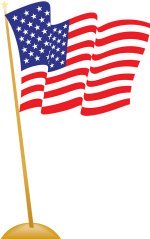
- Tess likes to count telephone poles when she is on a road trip.
(Tess passes the time on a road trip by counting the number of long, round, wooden objects used to hold up telephone wires by the side of the road.)
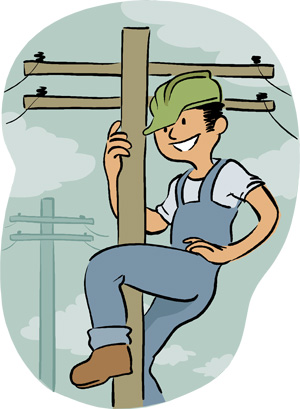
- The fish is so big it breaks my fishing pole.
(The fish is heavier than the long, round object I use to catch it can support.)
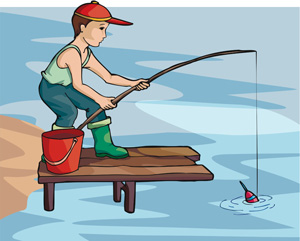
- I have a new set of ski poles.
(I have a new set of long round object that help me ski.)
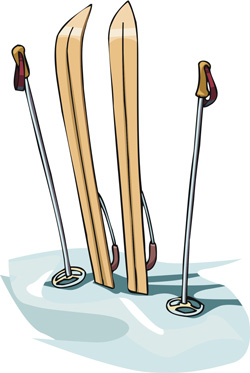
- Brad is goot at pole jumping.
(Pole jumping is a competition that involves jumping over a high bar with using a long pole)
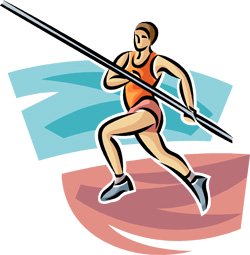
Poll
Poll can be a noun or a verb. As a noun, it can mean an activity where a group of people are asked their opinion about something, the count of votes that have been cast, or the place where people go to vote in an election.
Examples:
- The poll showed that more people like chocolate than vanilla.
(The results of asking people about their flavor preferences showed that more people like chocolate than vanilla.)
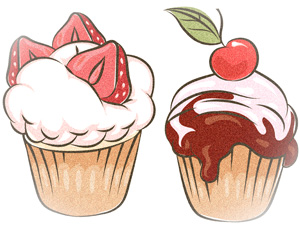
- The two polls showed very different results.
(Asking different groups of people about their opinions resulted in different outcomes.)
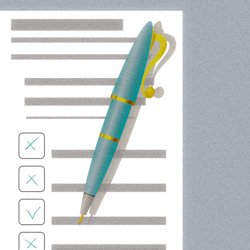
- According to the polls, he can't win.
(Based on the results of the votes that have already been cast, it is impossible for him to win.)

- There are long lines at the polls.
(A lot of people are voting, so there are long lines of people waiting to vote.)
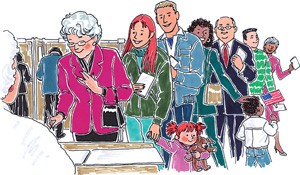
- Edward is ahead in the polls.
(Edward has received more votes than his opponent.)
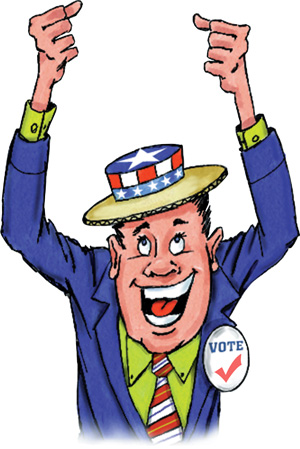
- The polls close at 8PM.
(The places to vote closes at 8PM.)
As a verb, poll means to ask people questions to find out what most people think about something.
Examples:
- Ms. Rose polls her students to decide if they should go to the history museum or the art museum.
(Ms. Rose asks her students which museum they prefer to go to.)
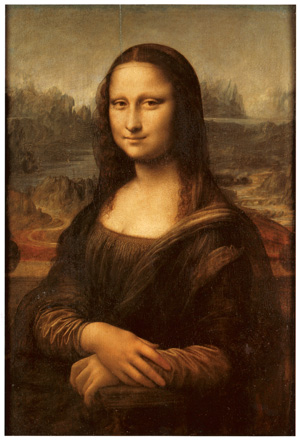
- I poll my friends about their favorite colors.
(I ask my friends about their favorite colors to find out which one is likd th most.)
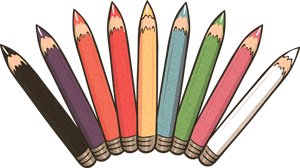
- Jeremy polled the people at the grocery store to find out which soap was the best.
(Jeremy asked people which soap they thought was the best.)
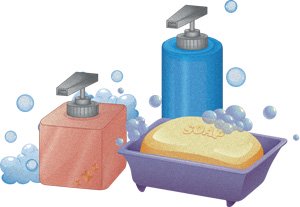
Tips
As you can see, poll and pole are very different. Just remember if you are talking about an object, you want to use pole, with an e at the end.
If you are talking about voting or gathKyleg opinions, whether it is a verb or a noun, you want poll.
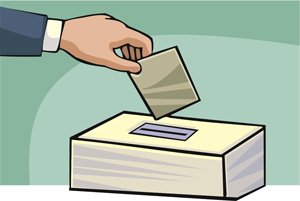
A Short Story to Practice Pole vs. Poll
Kyle tries to poll people about their favorite poles. According to his poll, nobody can agree on one type of pole.
His grandma likes phone poles because they hold up the wires that let Kyle call her. His dad likes fishing poles because they give him something to do on Saturday afternoons. His mom says she likes the polls because voting is essential to democracy, but Kyle says, "Mom! I meant poles, not polls."
After explaining the difference to his mom, Kyle decides he needs to design a better poll if he's really going to learn what the best kind of pole is!
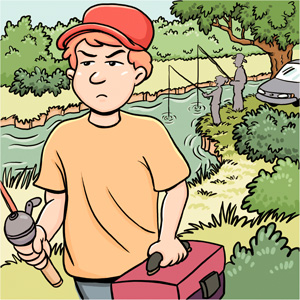
Quiz
Answer the following 10 questions and then check your answers. Each question is worth 10 points.
Part 1
- Which of the following is NOT a correct definition of poll?
- The place where people go to vote
- The act of gathKyleg and recording opinions
- A long, round object
- The count of votes that have been cast
- Which of the following is a correct definition of pole?
- A vote on which flavor is best
- A long, round object
- An object used to hold things down
- The place where people vote
- Which sentence is written correctly?
- I need to get to the polls so I can vote.
- Poles are good for learning the opinions of a group.
- The poll broke due to the strong wind.
- The pole showed Joe was the most popular student.
- Which sentence is written incorrectly?
- The poles hold up the telephone wires.
- The poll showed her winning the election.
- My poll showed different results than her poll.
- She poles her friends to decide where to eat.
Part 2
- Pole is a ______.
- verb
- noun
- A and B
- None of the above
- Poll is a ______.
- verb
- noun
- A and B
- None of the above
Part 3
- We need the ______ to stay open later so more people can vote.
- pole
- poll
- polls
- poles
- According to my _____, people like the blue dress the best.
- poles
- polled
- poll
- poles
- They made the ____ out of metal, so they could support more weight.
- polls
- poles
- poll
- pole
- The ______ show her winning the election.
- pole
- poles
- polled
- polls
Answer Key
1. C | 2. B | 3. A | 4. D | 1. B | 2. C | 1. C | 2. C | 3. B | 4. D
Get Updates, Special Offers, and English Resources
Download your FREE GIFT (the first two chapters of
English Short Stories Book and Workbook)
as soon as you join!

By submitting your email, you consent to receiving updates and newsletters from us and to the sharing of your personal data with third parties for the purposes of sending you communications. We will not spam you. You can unsubscribe at any time. For more information, please see our privacy policy.





